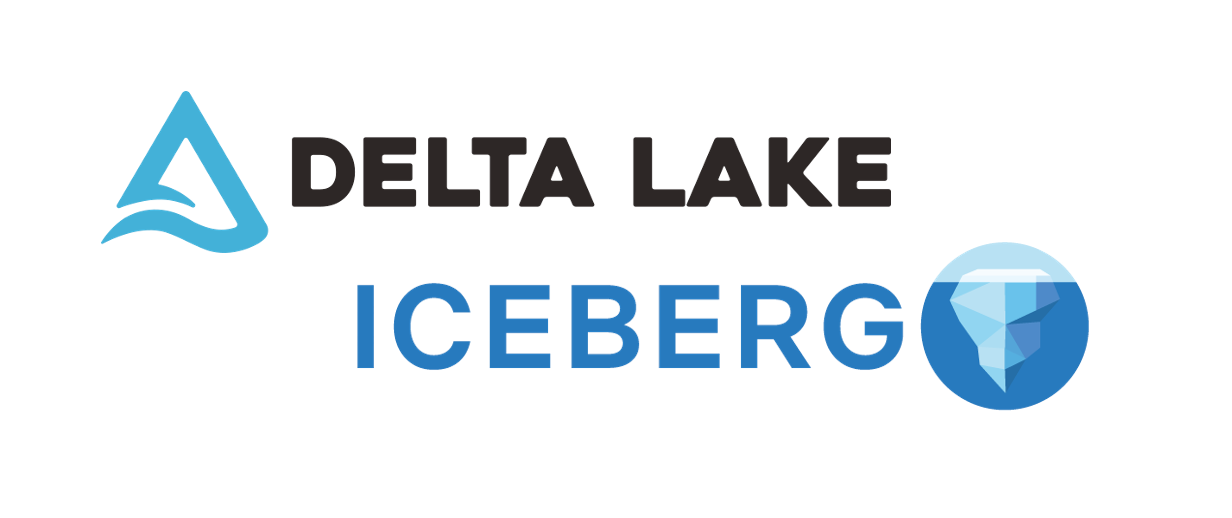In the world of data analytics, the ability to efficiently store and process large volumes of data is crucial. One of the key factors that determine the effectiveness of data analytics is the format in which the data is stored. Open table formats, such as Delta and Iceberg, have gained significant popularity in recent years due to their ability to address the challenges associated with big data analytics.
Delta and Iceberg are open-source table formats that provide a structured and efficient way to store and query large datasets. These table formats offer several advantages over traditional storage formats, making them an attractive choice for data analytics projects.
Delta: The Power of ACID Transactions
Delta is an open-source storage format that combines the power of Apache Spark and Apache Parquet. It introduces ACID (Atomicity, Consistency, Isolation, Durability) transactions to big data analytics, enabling reliable and consistent data updates.
ACID transactions ensure that data modifications are performed in a reliable and consistent manner. This is particularly important in scenarios where multiple users or processes are concurrently accessing and modifying the data. Delta’s ACID transactions prevent data inconsistencies and provide a strong guarantee of data integrity.
Iceberg: Simplified Data Management
Iceberg is another open-source table format that focuses on simplifying data management in big data analytics. It provides features like schema evolution, time travel, and data versioning, making it easier to handle evolving data requirements.
Schema evolution allows data analysts to modify the table schema without the need for complex migration scripts. Time travel enables users to query the table as it appeared at a specific point in time, which is invaluable for auditing and debugging purposes. Data versioning allows users to keep track of changes made to the data over time, providing a historical view of the dataset.
The Importance of Open Table Formats
Open table formats like Delta and Iceberg offer several advantages that make them essential for data analytics projects. Firstly, they provide better performance by optimizing data storage and query execution. These formats leverage columnar storage and compression techniques to minimize storage requirements and improve query speed.
Secondly, open table formats enable efficient data processing by supporting predicate pushdown and data skipping. This means that unnecessary data is skipped during query execution, resulting in faster query performance.
Thirdly, these formats offer improved data reliability and integrity through features like ACID transactions. Data consistency is crucial in data analytics, and open table formats ensure that modifications are performed in a reliable and consistent manner.
Lastly, open table formats simplify data management by providing features like schema evolution, time travel, and data versioning. These features make it easier to handle evolving data requirements and provide a historical view of the dataset.
Conclusion
Open table formats like Delta and Iceberg have revolutionized the field of data analytics by addressing the challenges associated with big data storage and processing. These formats offer improved performance, data reliability, and simplified data management, making them an essential component of any data analytics project.


